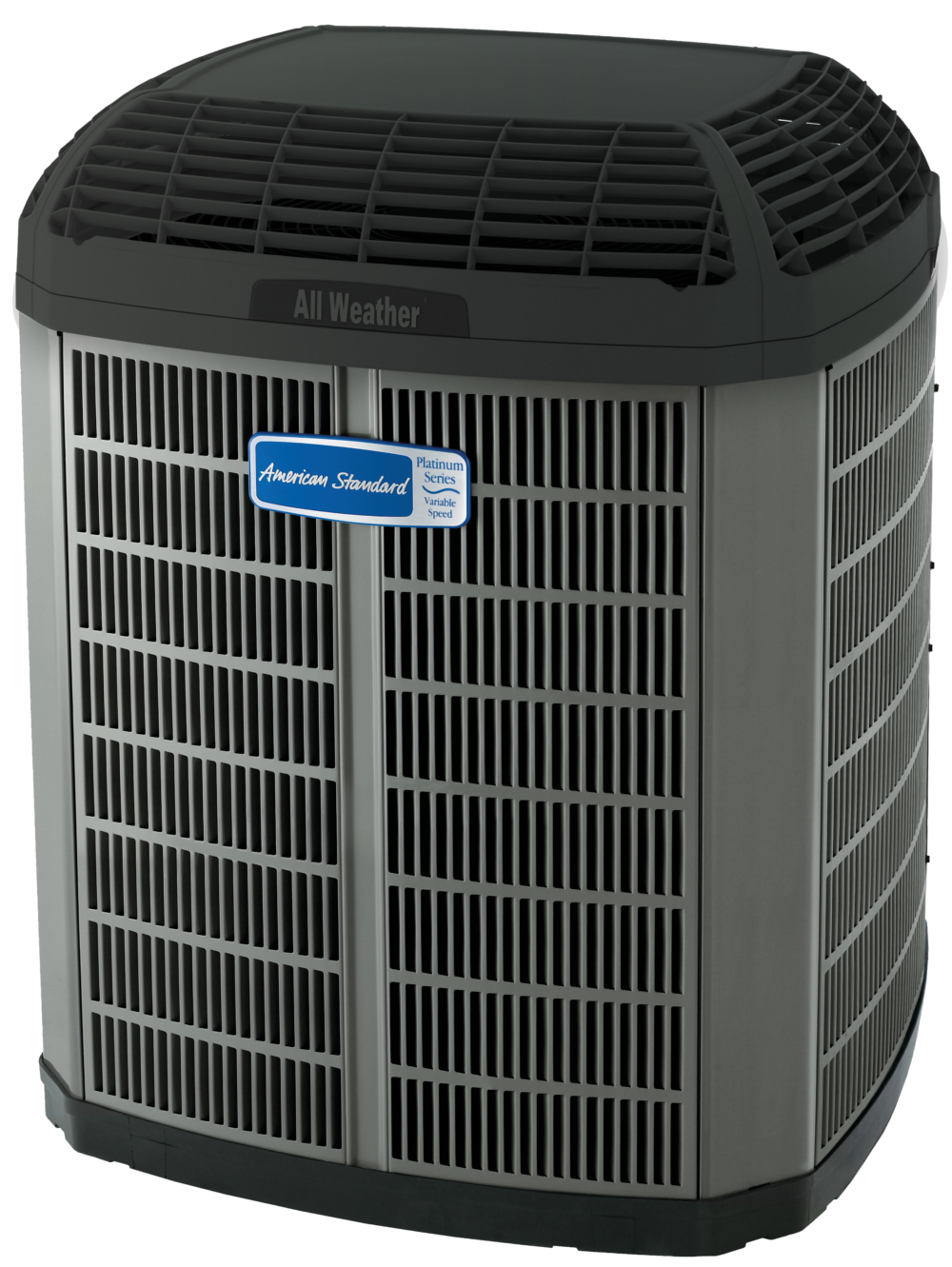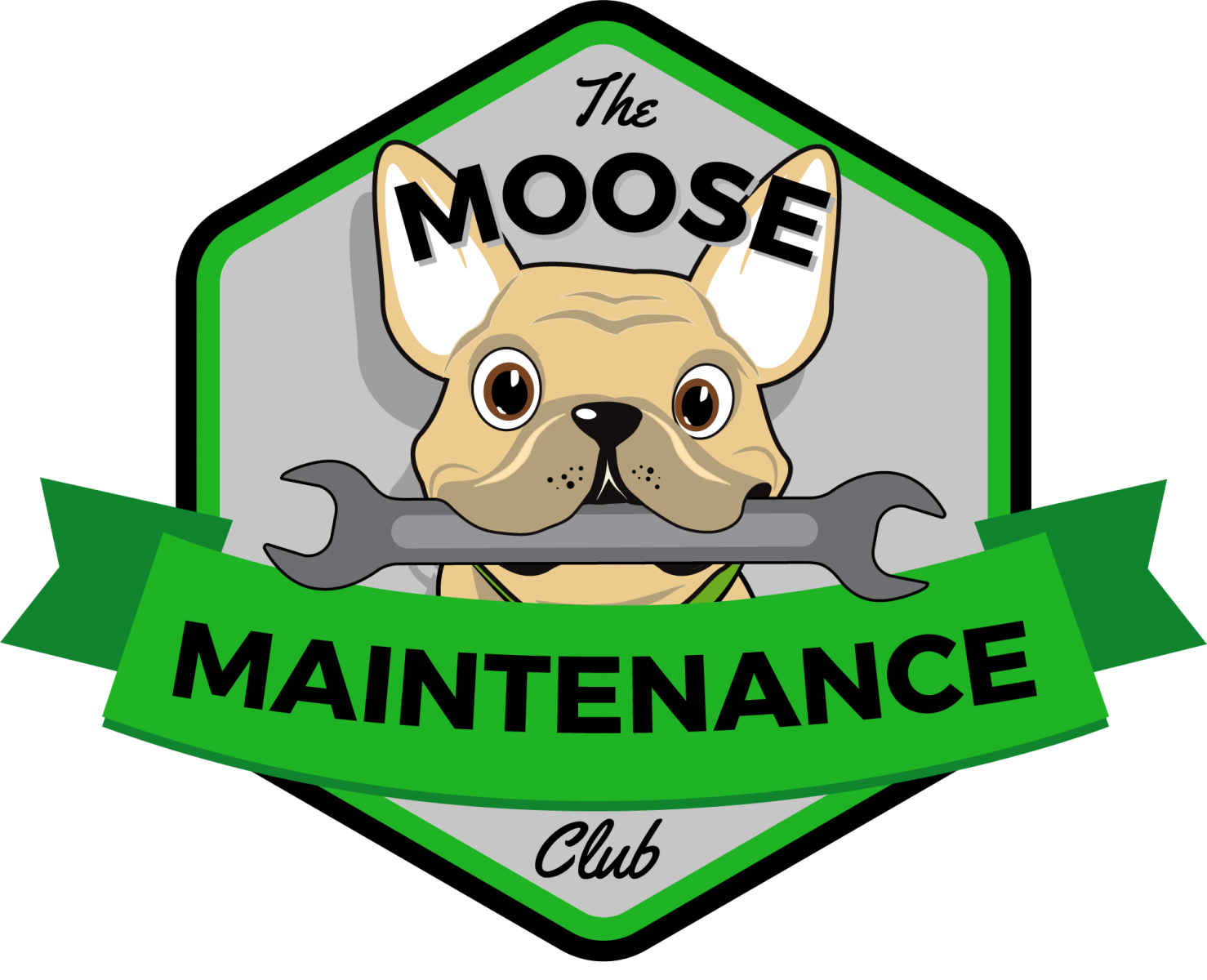Water Heaters
The experts for all of your water heater needs.
Reliable hot water solutions for year round comfort.
At Carolina Climate Control, we take pride in offering top-notch water heater services to ensure your home’s comfort and efficiency. From expert installation to fast and reliable repairs, our certified technicians are equipped to handle all your water heater needs, whether you have a traditional tank system or a modern tankless unit. We understand how vital hot water is for daily tasks like showering, cooking, and cleaning, which is why we prioritize quick response times and lasting solutions. Regular maintenance is key to preventing unexpected breakdowns, and our team is here to keep your water heater running smoothly, maximizing its lifespan and efficiency. Whether you're upgrading to a more energy-efficient model or need emergency repairs, Carolina Climate Control is committed to delivering the highest quality service to meet your specific needs and budget. Trust us to keep your water heater performing at its best, ensuring reliable hot water for your home all year long.
Charleston's #1 trusted Plumbing Contractor
Proudly serving Charleston and the surrounding areas since 2014.
Carolina Climate Control does our best to provide 100% customer satisfaction every time.
We employ well-trained, NATE-certified technicians that are trained yearly by our staff.


Our Online Reviews
Check out our Google reviews below. Feel free to leave a review or scroll through our satisfied clients.
What are the benefits of Water Heater service?
Learn more about common water heater questions and benefits.
How long does a water heater typically last?
The lifespan of a water heater varies depending on the type and maintenance it receives. Traditional tank water heaters generally last between 8 to 12 years. However, if you’ve regularly maintained your unit, such as flushing the tank to prevent sediment buildup, it could last even longer. Tankless water heaters tend to have a longer lifespan, averaging around 20 years, because they don’t store water, which reduces the wear and tear on the system. Regardless of type, once your water heater begins to show signs of frequent repairs or inefficiency, it may be time to consider a replacement.
What size water heater do I need for my home?
Choosing the right size water heater depends on the size of your household and your daily water usage. A typical household of 2-4 people might require a water heater with a capacity of 40-50 gallons to meet their needs for showers, laundry, and dishwashing. Larger families or homes with more appliances may need a water heater with a capacity of 60-80 gallons. For homes with high hot water demands, a tankless water heater, which heats water on demand, could be a more efficient solution since it provides an endless supply of hot water without the need for storage.
How do I know if my water heater needs to be replaced?
Water heaters often show clear signs when they're nearing the end of their useful life. If you notice that your hot water supply is inconsistent or doesn't last as long as it used to, that could be a sign of an aging unit. Discolored or rusty water, strange noises (like banging or popping), or frequent repairs are other indicators. Leaks around the water heater are a serious sign of trouble and can lead to significant water damage if not addressed promptly. If your water heater is over 10 years old and experiencing any of these issues, it may be more cost-effective to replace it rather than continuing to repair it.
What is the difference between a tank and a tankless water heater?
A traditional tank water heater heats and stores a large volume of water in a tank, which is kept warm and ready for use at any time. The disadvantage is that once the hot water is used up, you have to wait for the tank to refill and reheat. On the other hand, a tankless water heater heats water on demand, meaning there’s no storage tank and no waiting for hot water. Tankless units are generally more energy-efficient since they only heat water as it’s needed, but they do have a higher upfront cost and may require upgrades to your home’s electrical or gas systems for installation.
Why is my water heater making strange noises?
Strange noises coming from your water heater, such as popping, banging, or rumbling, often indicate sediment buildup inside the tank. Over time, minerals from hard water settle at the bottom of the tank, and when the burner heats the water, it has to heat through this layer of sediment, causing the water to bubble up through the deposits. This can lead to inefficiency and increased energy consumption, as the water heater has to work harder to heat the water. If left unaddressed, sediment buildup can also cause wear and tear on the tank, potentially leading to leaks or system failure. Flushing the tank regularly can help prevent this.
- Energy efficient equipment
- 10 Year Warranty
- Smart control options
- Residential and commercial matchups
- Financing options





